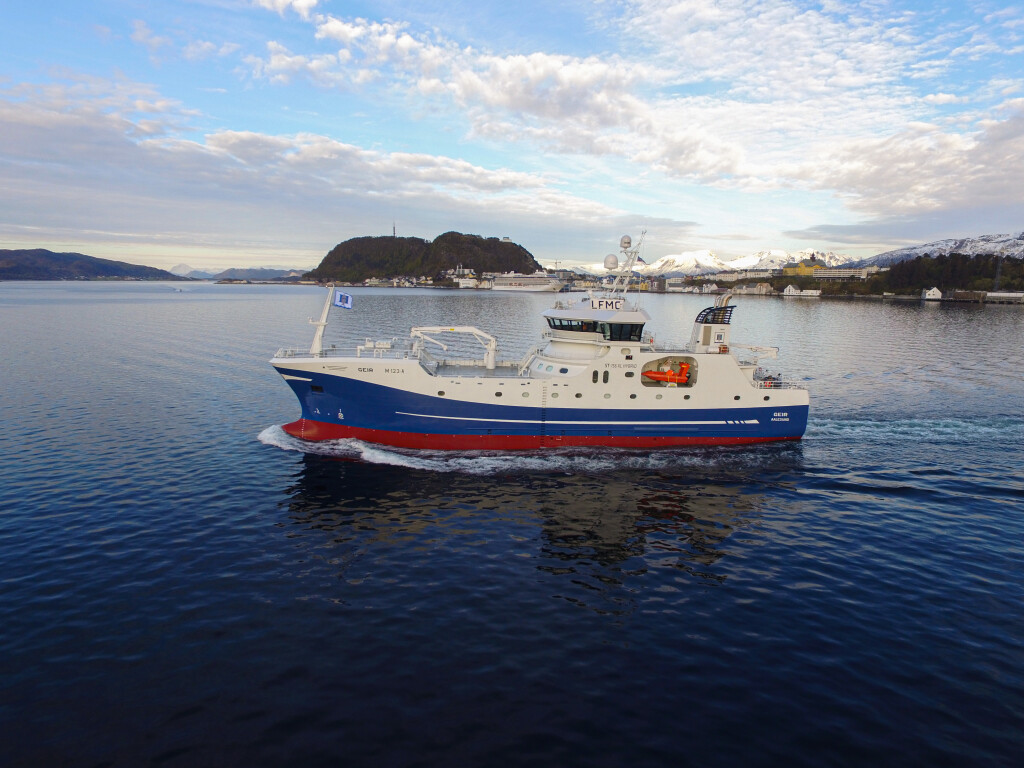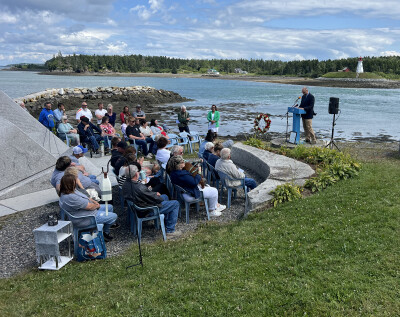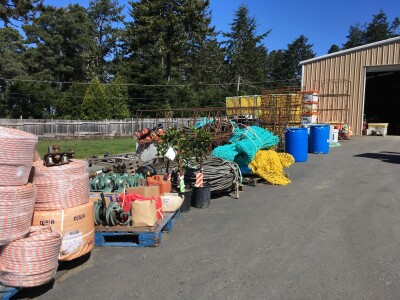Better tech comes from fishermen, investors, and technology developers educating each other.
“We give fishermen what they ask for,” is a common refrain among suppliers of hardware – gear, electronic, engines, etc. – to the commercial fishing industry.
To get a better understanding of what fisherman are asking for in terms of safety, sustainability, productivity and data technology, the Seafood Harvesters of America, a national, Washington, D.C.- based organization, joined federal fisheries experts and ConservationX lab in conducting a survey in the summer of 2021, and released the results early this year.
“One thing that surprised us was how much interest there is more fuel-efficient engines—hybrid, electric and things like that,” says Leigh Habegger, executive director of the Seafood Harvesters of America. “That was our top technology interest among the four categories. We know that companies are working on this, and the survey shows there’s a market for it.”
Habegger notes that the survey is not a one-shot deal. Seafood Harvesters of America is planning more surveys hoping for better distribution of respondents. So far 79 percent of the 2021 survey responses came from the Pacific and Alaska.
To better connect survey results to what companies are building and who is funding them, SHA organized a two-day seminar to be held in Seattle on May 9 and 10, 2022.
“This first one is invite-only. We’re going to have 15 to 20 fishermen from all around the coasts, six to 10 technology investors and six to 12 technology developers, along with our steering committee,” says Habegger.
Habegger hopes that communication between fishermen, investors, and developers will lead to better outcomes for all: “We want fishermen to be able to educate the developers about the realities of a fishing deck, at the same time we want developers to explain the constraints of their industry, and we want investors to be able to present a list of what they need to see in a new technology to show it has promise.”
Habegger notes that there are big changes happening on the ocean, everything from climate change to competition for space as wind farms and aquaculture proliferate, and she believes the fishing industry needs to tighten the connections among the people working on technology development.
“I think this is going to be a great initial conversation among people who are not normally in the same room,” she says.







